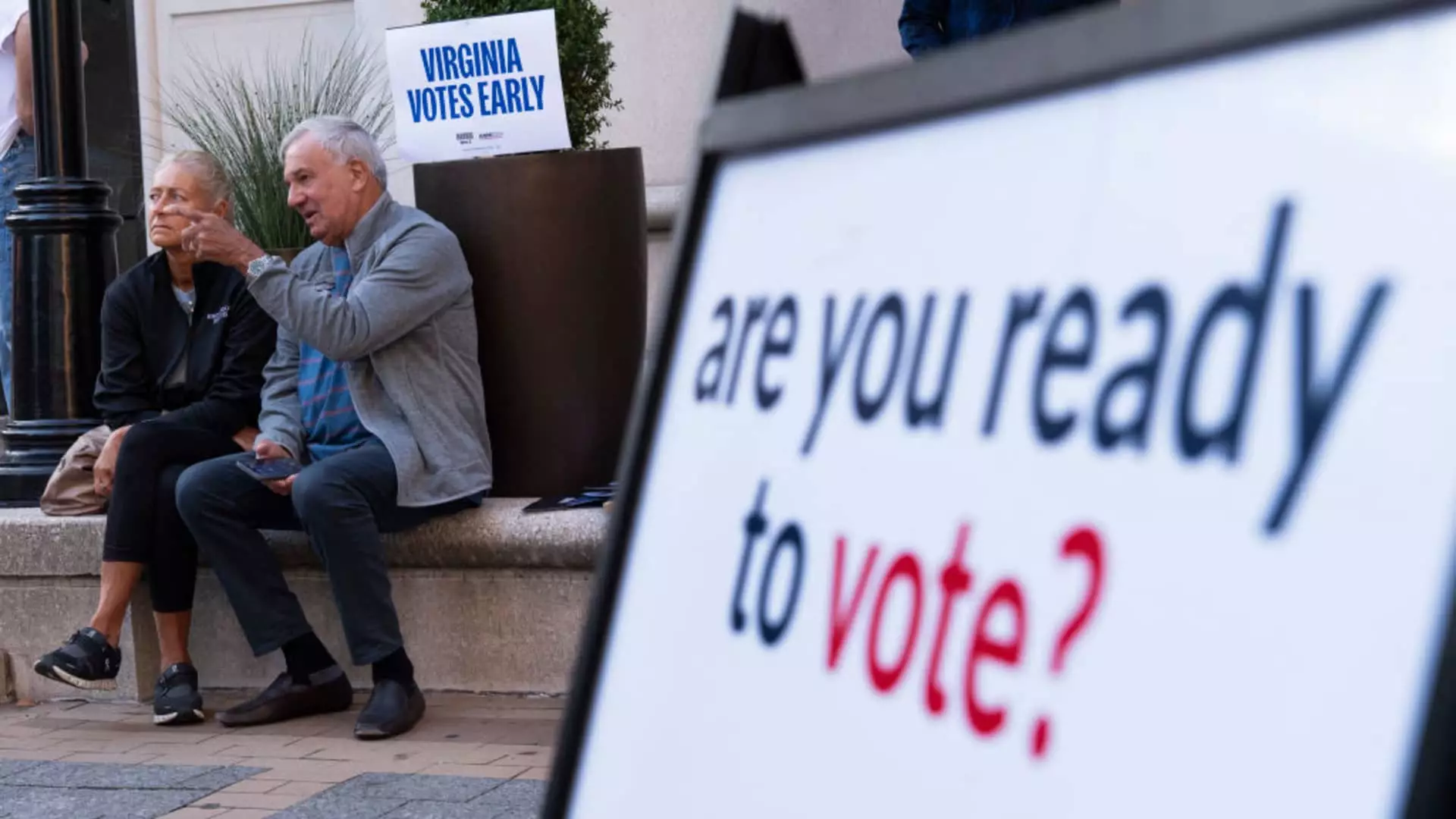As the November election approaches, Americans are not just contemplating their electoral choices; they are also adjusting their financial strategies based on their perceptions of the electoral outcome. A significant survey by the CFP Board revealed that around 63% of respondents are postponing key financial decisions, including vacations, home purchases, and various remodeling projects until after election day. The findings indicate a widespread sentiment of uncertainty that many individuals are experiencing, which is evidently guiding their financial behaviors.
However, this cautious approach raises an important question: Is it prudent to delay critical financial commitments due to impending electoral results? Experts in the field of finance suggest that rather than waiting for the election, individuals should focus on their financial objectives and evaluate whether the timing of their decisions aligns with those goals.
Shifting Focus from Politics to Personal Goals
Financial advisors emphasize the importance of establishing personal financial plans, independent of external political variables. Michael Liersch, head of advice and planning at Wells Fargo, posits that individuals should critically assess whether the political landscape would significantly affect their financial choices. He urges individuals to reflect on scenarios—if one candidate wins compared to another—determining if their financial goals would genuinely shift due to the outcome.
Liz Miller, a certified financial planner, echoes this sentiment. She advises clients that assessing their financial plans can often reveal that there may be no substantial reason for hesitation. By considering various scenarios—best-case, worst-case, and average situations—individuals can more accurately gauge the potential impact of their financial decisions, irrespective of the upcoming election.
It’s crucial to recognize that substantial policy changes usually take time, necessitating cooperation between the president and Congress. The notion that waiting for election results will yield better financial clarity may be misguided. Delays can result in missed opportunities, especially in volatile markets. Financial analysts warn that individuals should actively engage with their financial plans rather than sit on the sidelines, allowing external events to dictate their choices.
Moreover, the anticipation surrounding the election can lead people to overlook pressing financial concerns. For instance, a survey revealed that a staggering 81% of respondents are worried about potential reductions in Social Security benefits. The reality is that without legislative action, the Social Security trust fund is projected to deplete by 2033, potentially resulting in a 21% reduction in benefits. One cannot afford to wait for election outcomes when long-term financial planning is paramount.
In light of these concerns, taking proactive steps is essential. Experts recommend individuals obtain estimates of their Social Security benefits and identify strategies to bolster their savings in anticipation of future reductions. Evaluating what a potential cut in benefits might entail and how one might adjust their budget in response can go a long way in fostering financial resilience.
Financial stability in uncertain times can be supported by focusing on immediate, actionable steps such as paying down debt, creating an emergency fund, and adhering to a robust investment strategy. Stacy Francis, president of Francis Financial, suggests that a comprehensive approach to financial planning—one that comprehends projected needs up to age 95—can help alleviate anxiety amidst prevailing uncertainties.
Capital Gains and Market Strategy Considerations
Additionally, market fluctuations and potential changes in capital gains taxation should prompt investors to reevaluate their investment strategies, regardless of the electoral outcome. With stock markets showing double-digit gains, now might be an opportune moment for investors to consider taking profits, as suggested by Miller. This strategic assessment enables individuals to capitalize on current market conditions rather than waiting for an uncertain future.
Ultimately, the prevailing question for many is whether postponing decisions simply due to the approaching election is indeed worth the potential drawbacks. Liersch emphasizes that individuals should critically evaluate the necessity of delaying decisions until election results are known. Delaying financial action could mean missing out on valuable opportunities that could align better with their long-term financial health.
While political tensions and uncertainties can impact public sentiment, financial decisions should always be rooted in personal goals and sound financial strategies. The election may decide leadership, but one’s financial future hinges on choices made today, emphasizing the importance of being proactive amid uncertainty.

